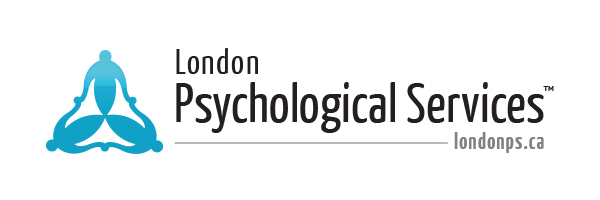Here are some things you should know about postpartum depression.
1. Depression can actually begin during pregnancy (the perinatal period) and not just after birth.
2. One of the strongest predictors of postpartum depression is previous episodes of depression.
3. While some women experience feelings of sadness, other women report an absence of feelings (feeling "blah" and disconnected) or even intense anger.
4. Other symptoms of postpartum depression include difficulties sleeping or sleeping more than often, changes in appetite, feeling guilty about how you are feeling, feeling like things will never get better, difficulties bonding with your baby, feeling disconnected from others.
5. While it is normal to feel all of these feelings after having a child, during postpartum depression the feelings are severe, last longer than 2 weeks and you experience them the majority of the time.
6. Postpartum depression is one of the most common complications of childbirth.
7. Media coverage of mothers who hurt themselves or their babies often confuse postpartum depression with postpartum psychosis, which is a very rare disorder that includes symptoms like hearing or seeing things that others do not see, feeling like you are being controlled by something or someone and feeling driven to hurt yourself or your child. If you are experiencing any of these symptoms, it is essential to present to the emergency department immediately.
8. Having postpartum depression does not mean that you don't want or love your child.
9. Postpartum depression affects approximately 15% of all mothers.
10. Postpartum depression is treatable, either through therapy, medication, or a combination of both. You do not have to feel like this.

